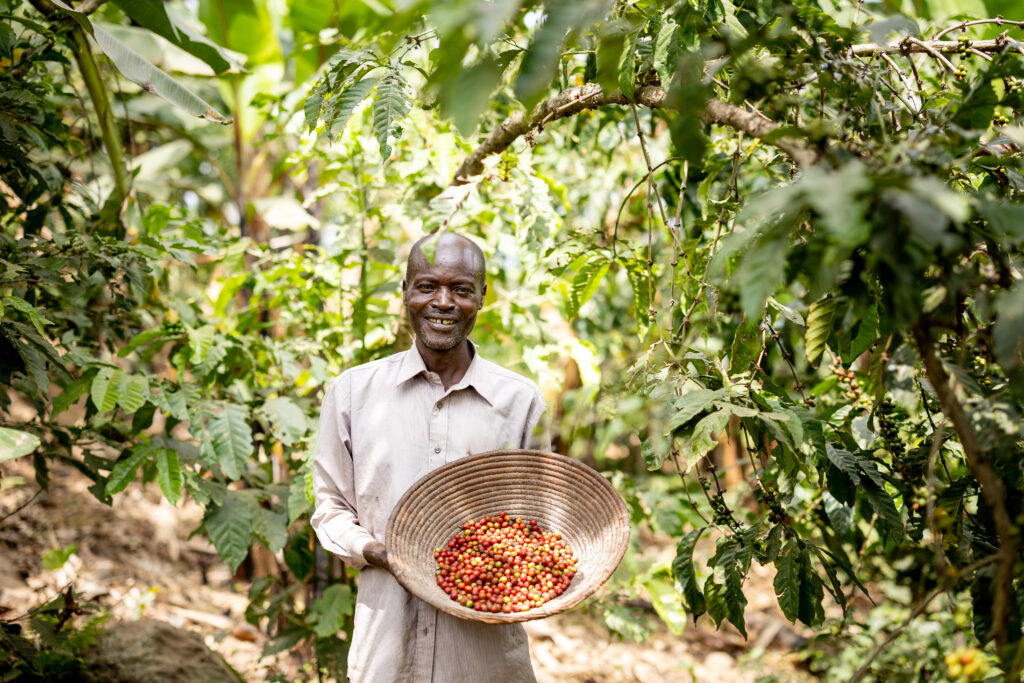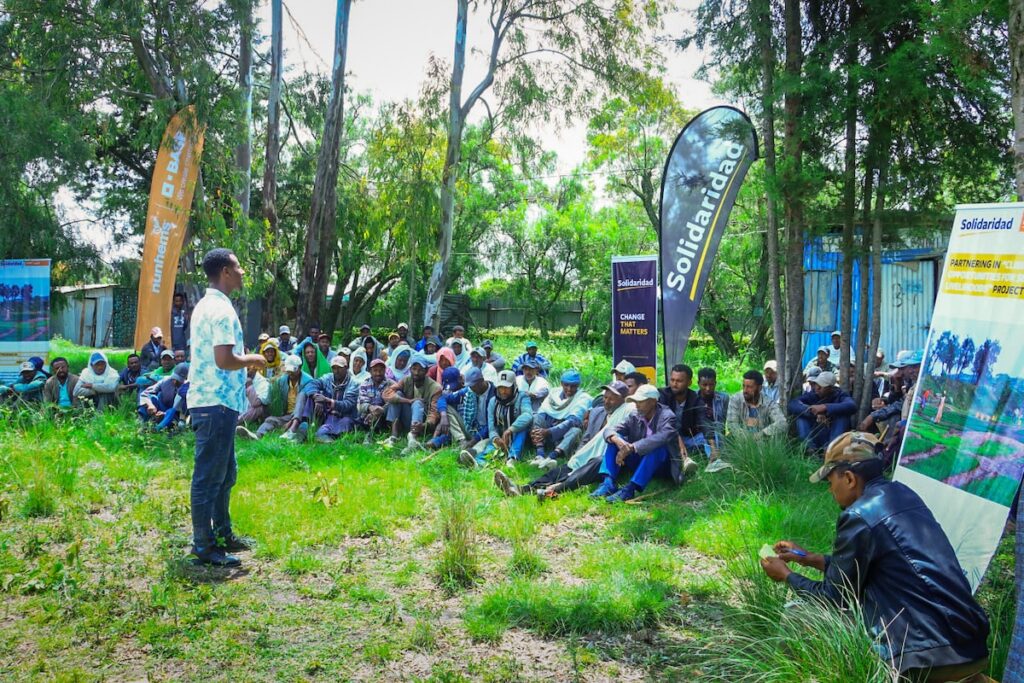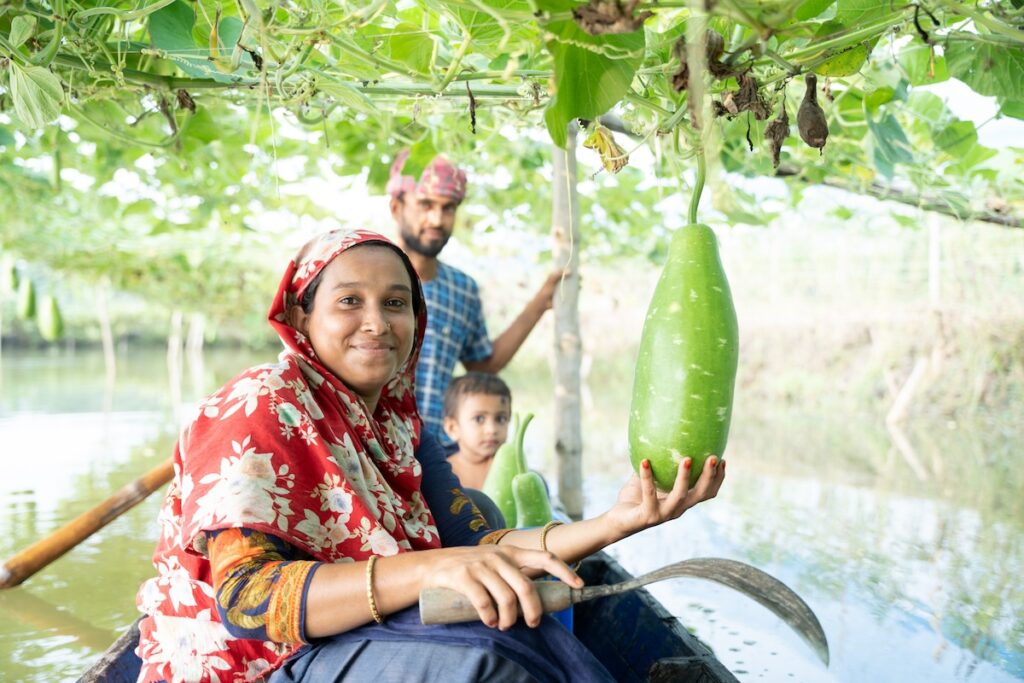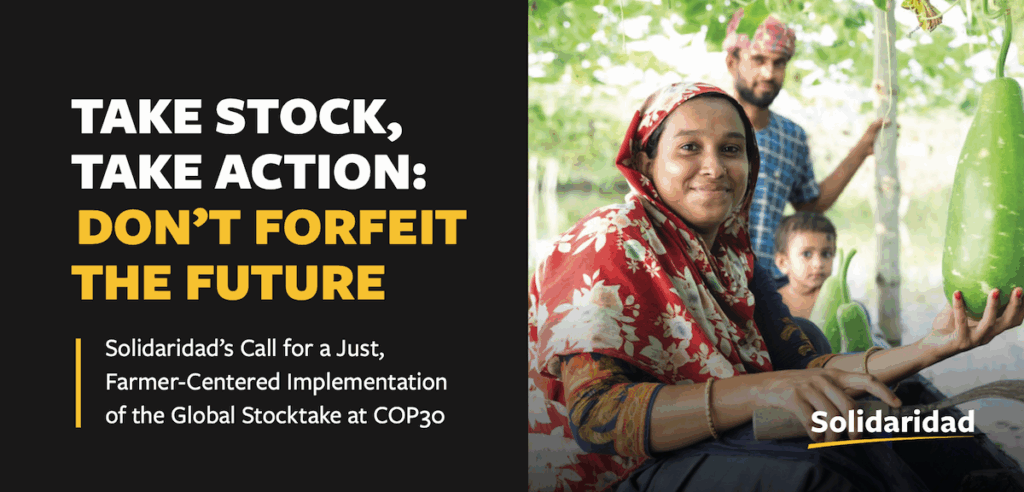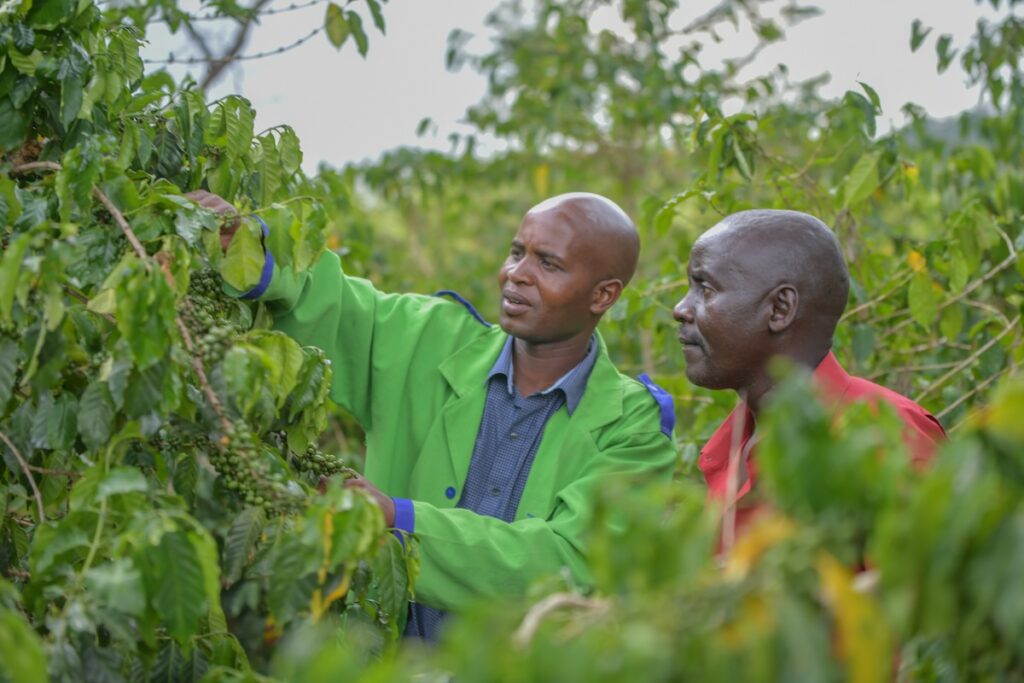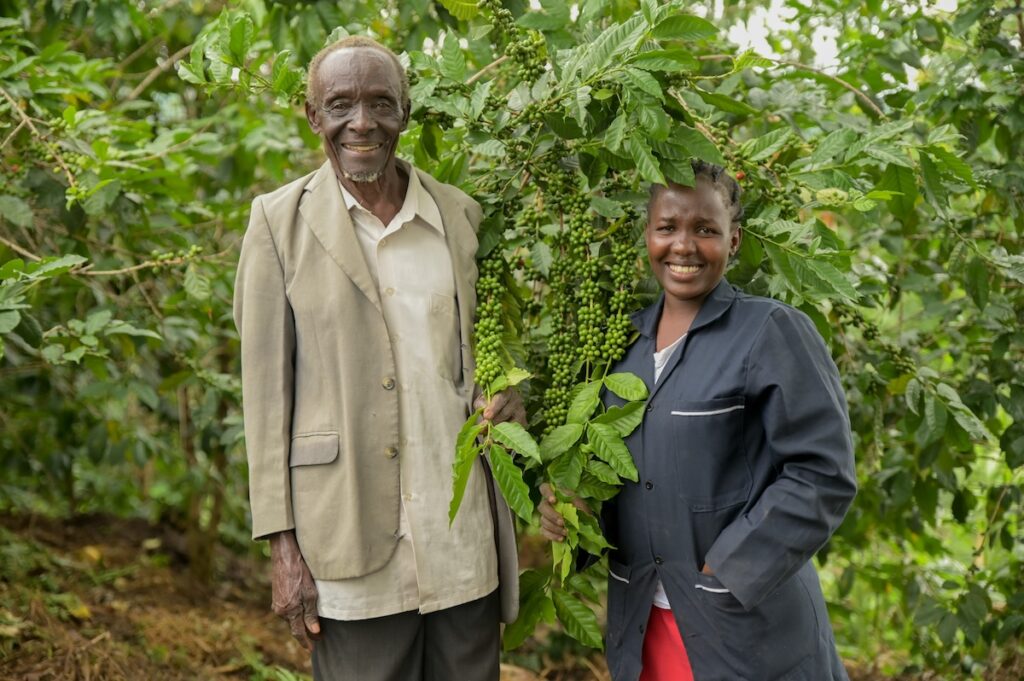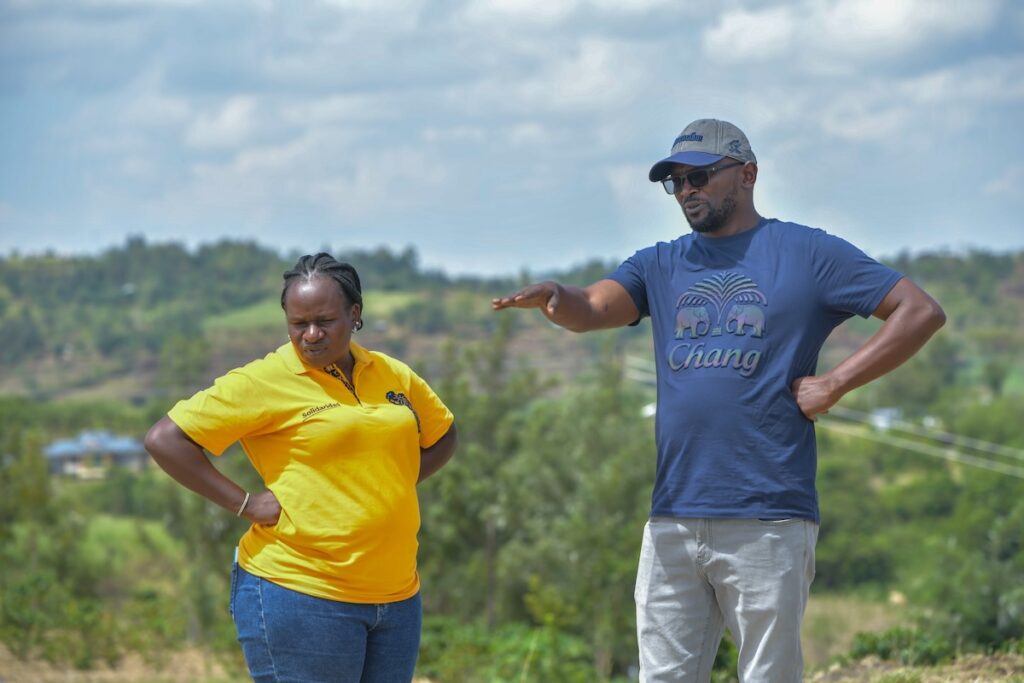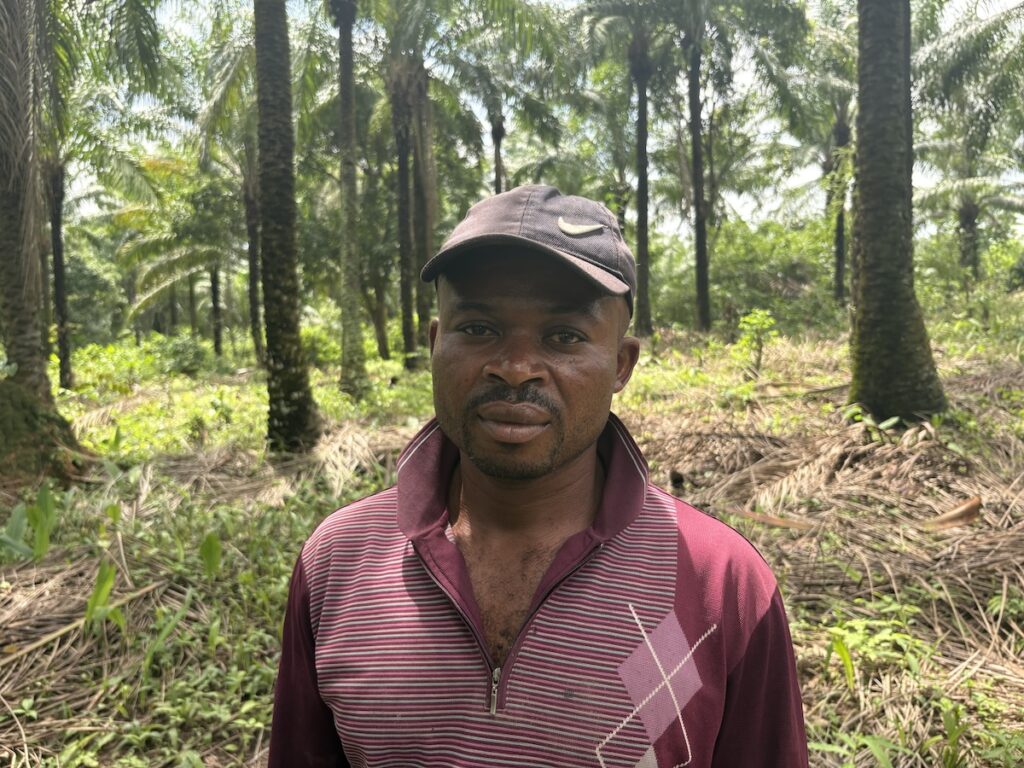Region: East & Central Africa
CSDDD dismantled: False Dilemma Undermines Corporate Accountability
The sustainability agenda is under siege in Europe. What began as a "headwind" in Brussels has stiffened into a storm…
19 December 2025
RECLAIM Sustainability! Progress Report 2024
The RECLAIM Sustainability! programme is a consortium of Solidaridad, TrustAfrica, Fairfood and Business Watch Indonesia, in strategic partnership with the…
Solidaridad & BASF launch Climate-Resilient Agriculture Initiative to support small-scale farmers in Ethiopia
Solidaridad and BASF have jointly launched the Climate Resilient Opportunities for Sustainable Livelihoods project to build a more resilient and…
11 December 2025
Taking stock of the action: What COP30 Meant for Farmers
At the opening of COP30, we called on negotiators to prioritize partnering with small-scale farmers to transform agrifood systems and…
04 December 2025
These are the audited financial statements of Solidaridad East and Central Africa Expertise Center for the year ended 31 December…
14 November 2025
Take Stock, Take Action: Solidaridad’s Mandate for Farmer-Centered Action at COP30
On the eve of COP30 in Brazil, Solidaridad issues an urgent call for systemic change. The world has veered off…
06 November 2025
From Learner to Leader: Philemon Cheruiyot’s Journey in Sustainable Coffee
In April 2020, Philemon Cheruiyot, a youth leader from Sorwot Farmers Cooperative Society in Kericho County, embarked on a journey…
21 October 2025
A Granddaughter’s will to effect change: A special bond strengthened with organic coffee
In Bungoma County, Kenya, the transformation of a single coffee farm is creating ripple effects across the entire community. By…
30 September 2025
Unearthing potential: From abandoned quarry to organic coffee in Kenya
In the heart of Kenya’s Rift Valley, Jack Melly took on an unusual challenge: growing coffee on land many had…
16 September 2025
Creating Job Opportunities for Young People: Frank’s Journey into Oil Palm Farming
Following eight years of an unfruitful job hunt after university, Frank Brain reluctantly turned to the oil palm farm that…
11 September 2025


